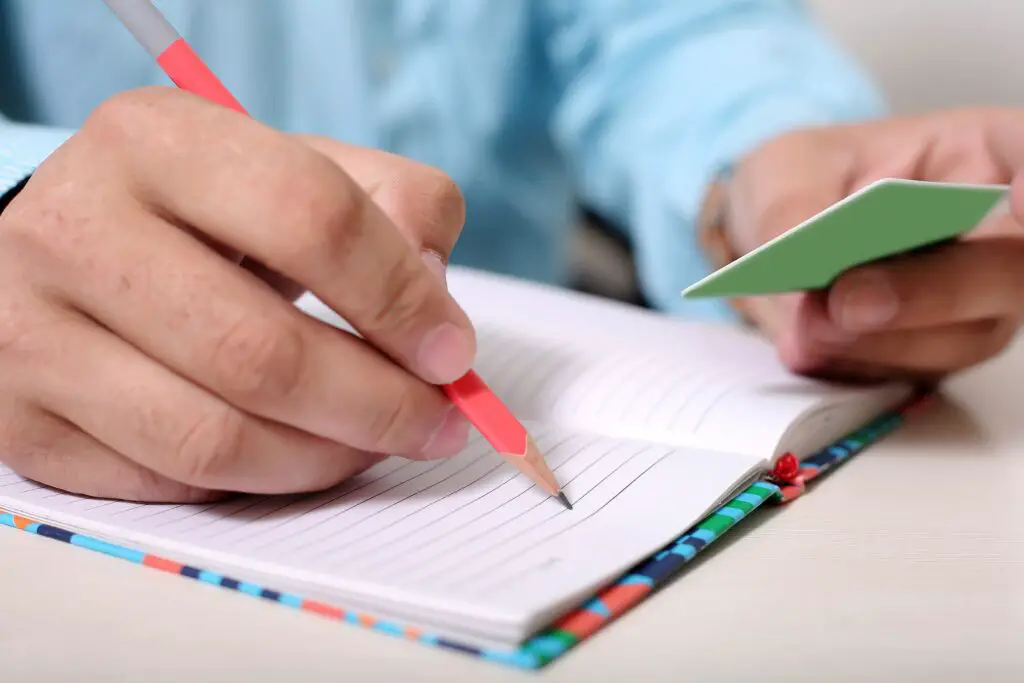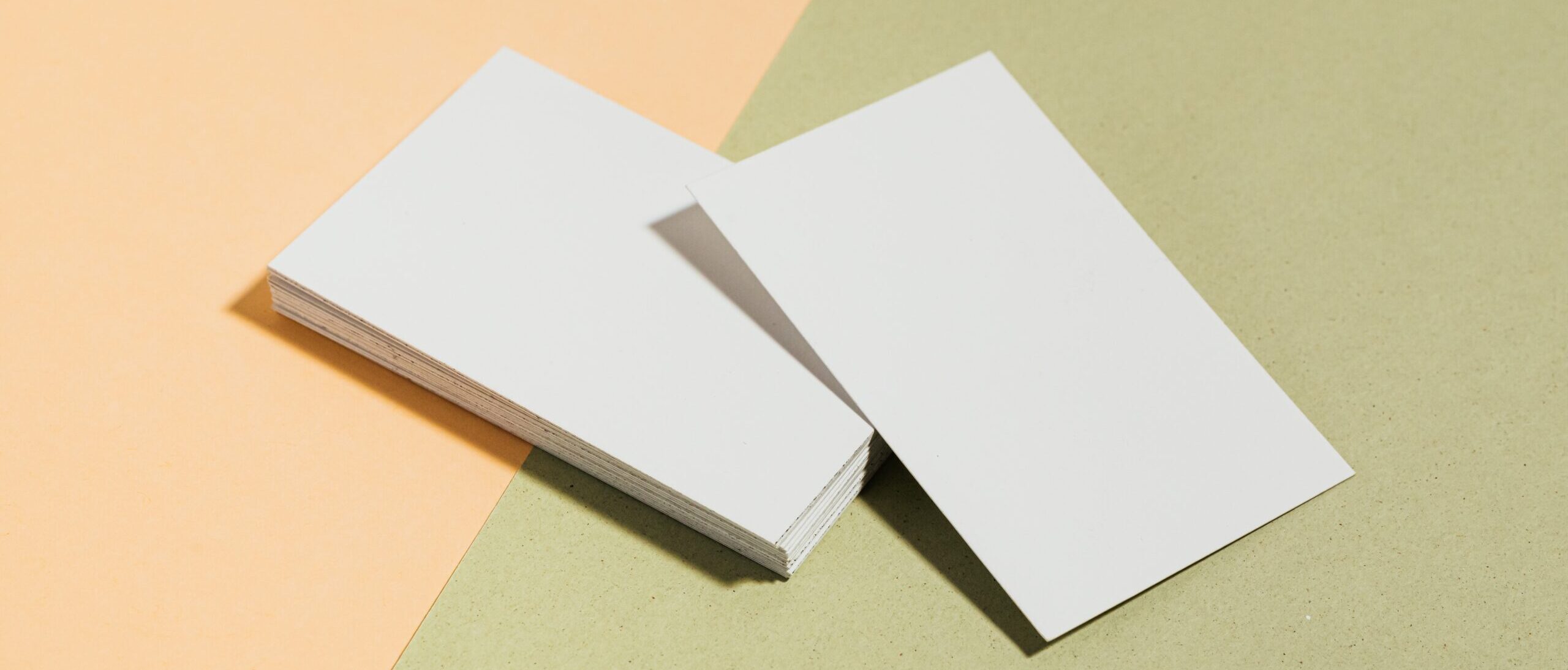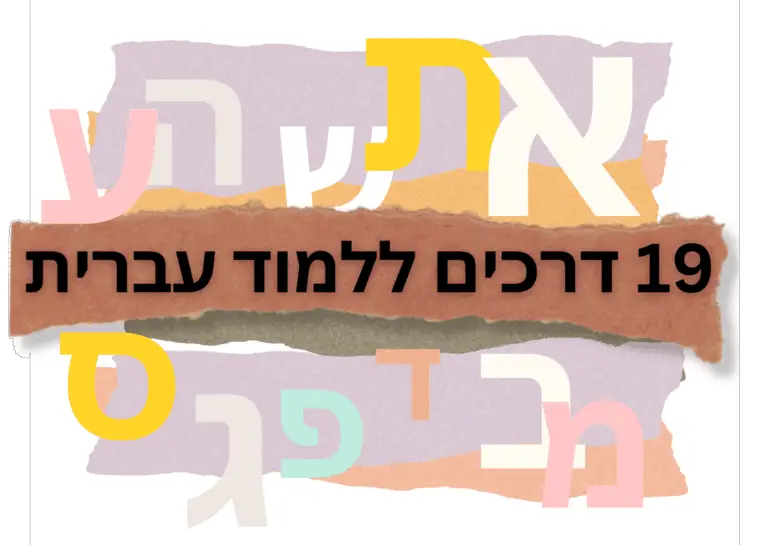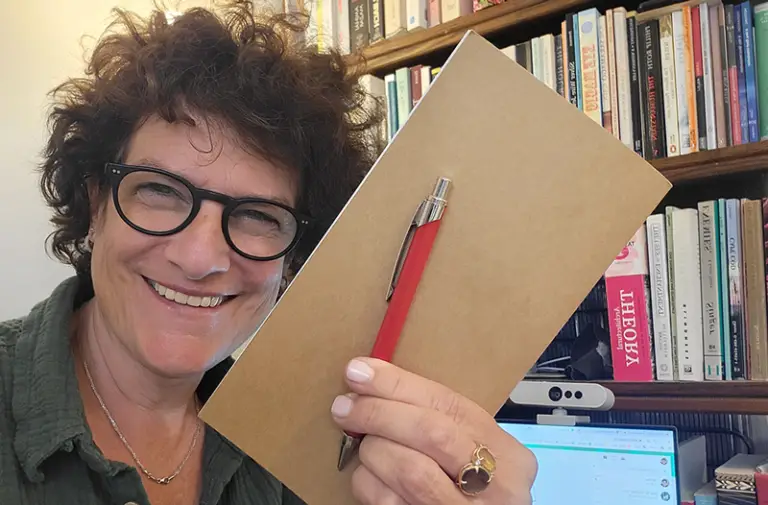Today, we’re going to dive into the wonderful world of flashcards for language learning. They’ve been around for ages and have helped countless learners expand their vocabulary and master foreign languages.
Despite being such a simple tool, flashcards have proven time and time again that they’re an effective way to learn. So, let’s explore their history and why they continue to be valuable in the language-learning journey.
The History of Flashcards
You might be surprised to learn that flashcards date back to the 19th century. They originated as index cards that educators used to teach reading and writing.
With time, flashcards evolved to become an essential learning tool for various subjects, including foreign languages. They were a go-to method for many learners due to their simplicity, affordability, and effectiveness.
Fast forward to the digital age, and flashcards have gone through a massive transformation. With the advent of digital flashcards and apps, language learners can now access a wealth of vocabulary and language resources at their fingertips.
This technological leap has made flashcards even more popular and practical for the modern language learner.

The Psychology Behind Flashcards
So, what makes flashcards such an effective language learning tool? It all boils down to the psychology behind how our brains retain information.
Firstly, repetition plays a significant role in memory retention. When we repeatedly encounter a piece of information, our brains are more likely to store it in our long-term memory. This is where the concept of spaced repetition comes into play. By reviewing flashcards at strategically spaced intervals, we strengthen the neural connections associated with that information, making it easier to recall later.
Secondly, flashcards rely on active recall. This means that instead of passively reading or listening to information, you’re actively trying to retrieve it from memory. Active recall has been shown to be more effective in reinforcing memory compared to passive learning methods, especially as a language learning technique.
Lastly, visual cues can also boost memory formation. When we associate an image or visual representation with a word, our brains are better at retaining that information. Many flashcards, particularly digital ones, often include images to capitalize on this aspect of memory.
Benefits of Using Flashcards for Language Learning
Now that we know the psychological basis for flashcard effectiveness let’s explore some specific benefits of using flashcards for language learning:
Portability and convenience: One of the best things about flashcards is that they can be carried around easily. Physical flashcards fit nicely in a pocket, while digital apps are accessible on smartphones and other devices. This means you can use your digital flashcards to sneak in a quick language learning session whenever you have a spare moment.
Customizability and personalization: Flashcards allow you to tailor your learning materials to suit your needs. You can create cards for specific vocabulary or grammar points that you find challenging, ensuring that your study sessions are targeted and effective.
Flexibility in learning pace and style: With flashcards, you’re in control of your learning journey. You can go as fast or slow as you like and use various techniques such as mnemonics, images, or even audio to help you remember the information.
Enhancing long-term retention: Thanks to the power of spaced repetition and active recall, using flashcards helps to reinforce your memory, leading to better long-term retention of vocabulary and language concepts.
Tips for Effective Flashcard Usage
To make the most of your flashcard sessions, here are some tips:
Create meaningful and memorable flashcards: Instead of simply writing the translation of a word, consider adding context or example sentences. This helps you understand how the word is used in real-life situations. Additionally, incorporate images, or even mnemonics, can make the cards more engaging and memorable.
Organize flashcards for optimal learning: Group your flashcards into categories or themes, such as food, travel, or verbs. This makes it easier to review and recall related vocabulary. Additionally, take advantage of digital flashcard apps that allow you to tag, filter, or sort your cards for more efficient study sessions.
Balance new information with review: It’s essential to strike a balance between learning new vocabulary and reviewing what you’ve already learned. Regularly review your existing flashcards to reinforce your memory, while also adding new cards to expand your knowledge.
Incorporate fun and playfulness into flashcard language learning: Make your flashcard sessions enjoyable by turning them into a game. Challenge yourself to see how many cards you can get right in a row or set a timer and see how many cards you can review in a certain amount of time. Adding an element of fun will keep you motivated and engaged in your language learning journey.
Popular Flashcard for Language Learning Tools and Resources
When it comes to flashcard tools, there are plenty of options to choose from.
Traditional, paper-based flashcards are still a popular choice for many language learners. They are low cost, and offer a tangible, hands-on learning experience and can be easily customized. To create your own, simply use index cards or cut-up pieces of paper and write the target language on one side and the translation or explanation on the other.

Digital flashcards:
With the rise of technology, digital flashcards for language learning have become increasingly popular. They offer the benefits of portability, easy organization, and additional features such as audio, images, and built-in spaced repetition algorithms. Some popular digital flashcard platforms and apps include:
- Anki is a highly customizable flashcard app that uses spaced repetition to help users remember information. With a vast library of shared decks created by other users, Anki supports a wide range of languages.
- Quizlet is a user-friendly app that allows learners to create their own flashcard sets or access millions of pre-made sets shared by others. It offers several study modes, including matching games and quizzes, to help reinforce language learning.
- Memrise has flashcards designed specifically for language learning, offering courses in various languages. It uses a mix of flashcards, audio clips, and mnemonics to help users build vocabulary and improve pronunciation.
- Brainscape uses a unique Confidence-Based Repetition system that adapts to the user’s learning pace. With a variety of pre-made language decks and the option to create custom decks, Brainscape is a versatile flashcard app.
Keep in mind that your preferences and learning style will play a significant role in determining the best flashcard app for you. It’s worth trying out a few different apps to see which one works best for your needs.
Flashcards: Language Learning Champions!
Flashcards for language learning have stood the test of time and continue to be a valuable tool in the language learner’s arsenal. They offer numerous benefits, such as convenience, personalization, and improved long-term retention.
By following some simple tips and incorporating flashcards into a holistic language learning approach, you’ll be well on your way to mastering your target language.
So, give flashcards a try, and see the difference they can make in your language learning journey. And remember, keep it fun, engaging, and stress-free. Happy learning!
WordTap: A Customizable Vocabulary App Based on Flashcards for Language Learning Principles
If you love the idea of using flashcards for language learning but crave a more interactive and engaging experience, check out WordTap! Created by an ESL teacher (that’s me!), WordTap is a free vocabulary learning app that incorporates the principles of flashcards but adds a fun twist.




